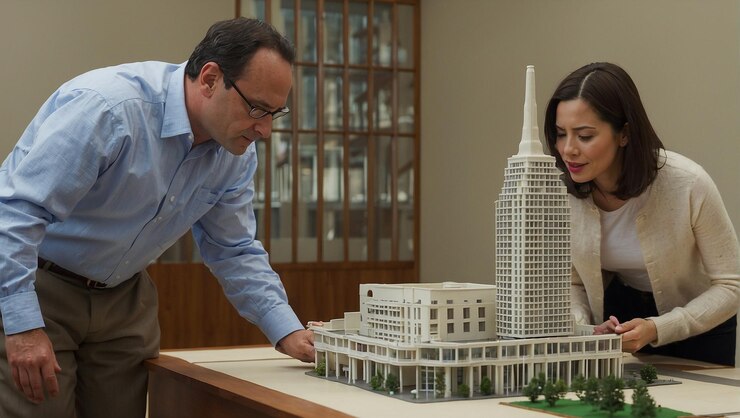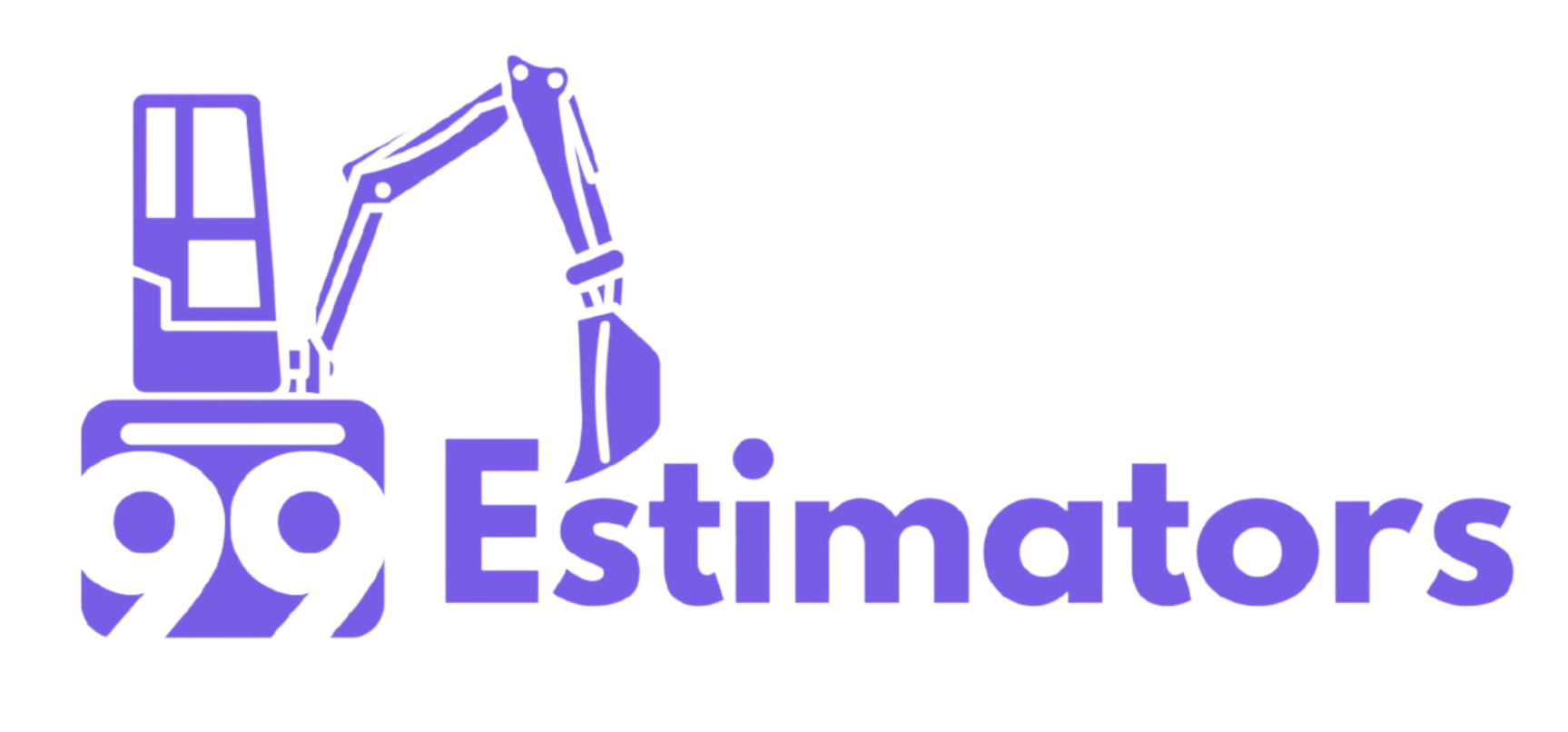
Residential vs Commercial Estimation: Key Differences
Estimating costs for residential and commercial construction projects requires different approaches, knowledge, and considerations. Understanding these key differences is essential for accurate budgeting and successful project delivery in both sectors.
1. Project Scope and Complexity: Residential projects typically involve single-family homes, townhouses, or small apartment buildings, which are less complex than commercial projects. Commercial estimation must account for larger structures, specialized systems (like HVAC, elevators, and fire protection), and more stringent building codes.


2. Materials and Methods: Residential construction often uses wood framing and standard finishes, while commercial projects may require steel structures, advanced mechanical systems, and higher-grade materials. These differences impact both the cost and the estimation process.
3. Labor and Scheduling: Labor costs and scheduling are generally more predictable in residential projects. Commercial projects may require union labor, specialized subcontractors, and complex scheduling to coordinate multiple trades and phases.
4. Permitting and Regulations: Commercial projects face stricter permitting processes, zoning laws, and safety regulations. Estimators must account for additional compliance costs and timeframes, which are less demanding in most residential work.
5. Risk and Contingency: Commercial projects carry higher financial risks due to their size and complexity. Estimators should include larger contingencies and conduct thorough risk assessments, while residential projects may require less contingency planning.
Conclusion: Both residential and commercial estimation require attention to detail, but the scale, complexity, and regulatory environment make commercial estimation more challenging. By understanding these differences, estimators can provide more accurate budgets and help ensure project success in any sector.
